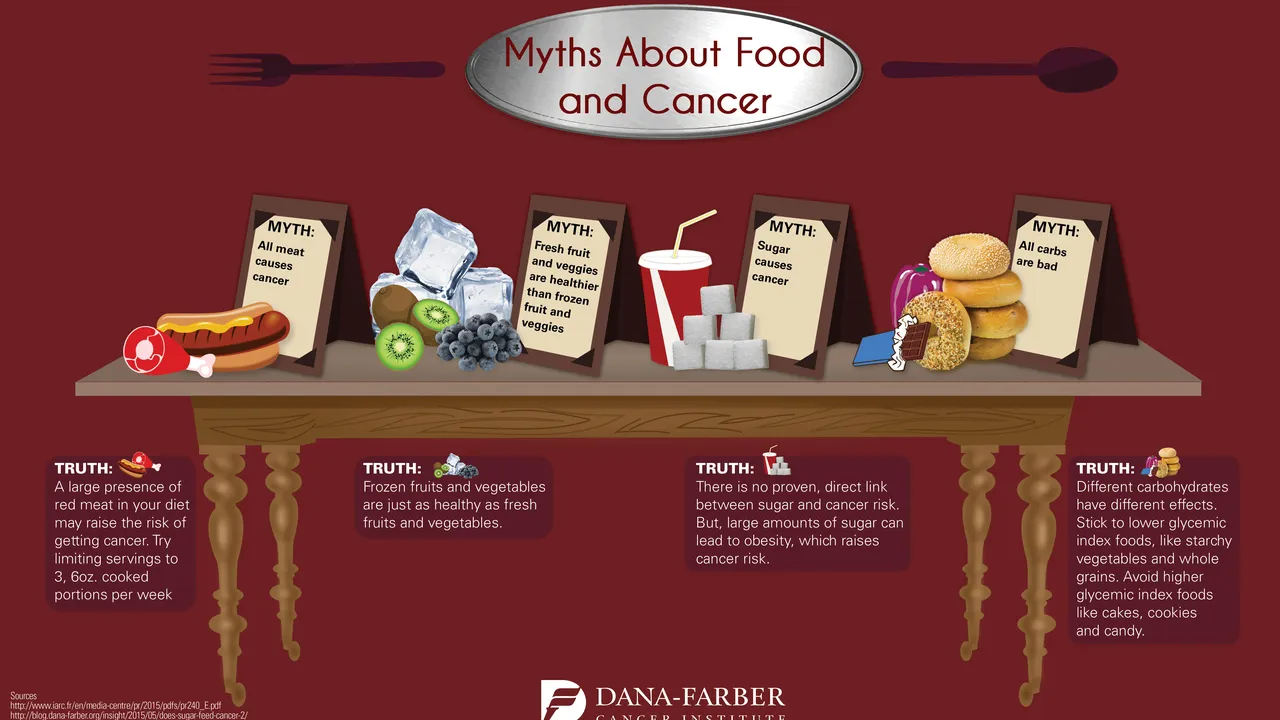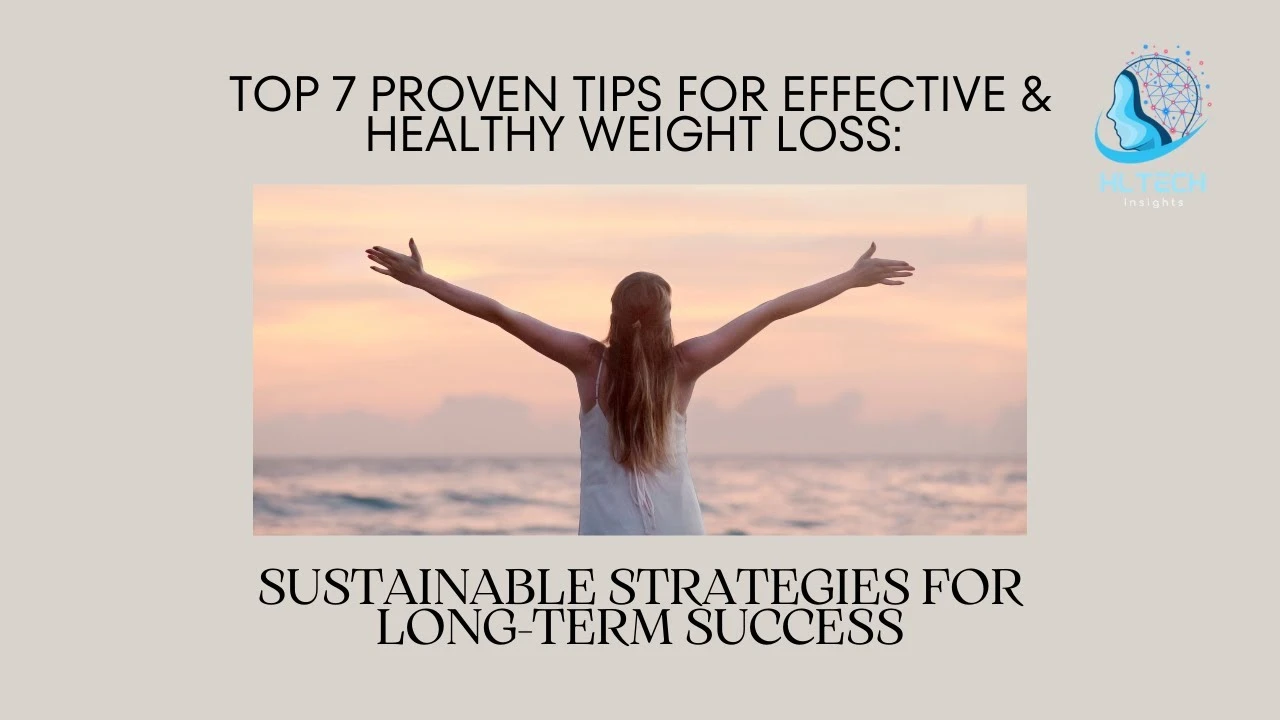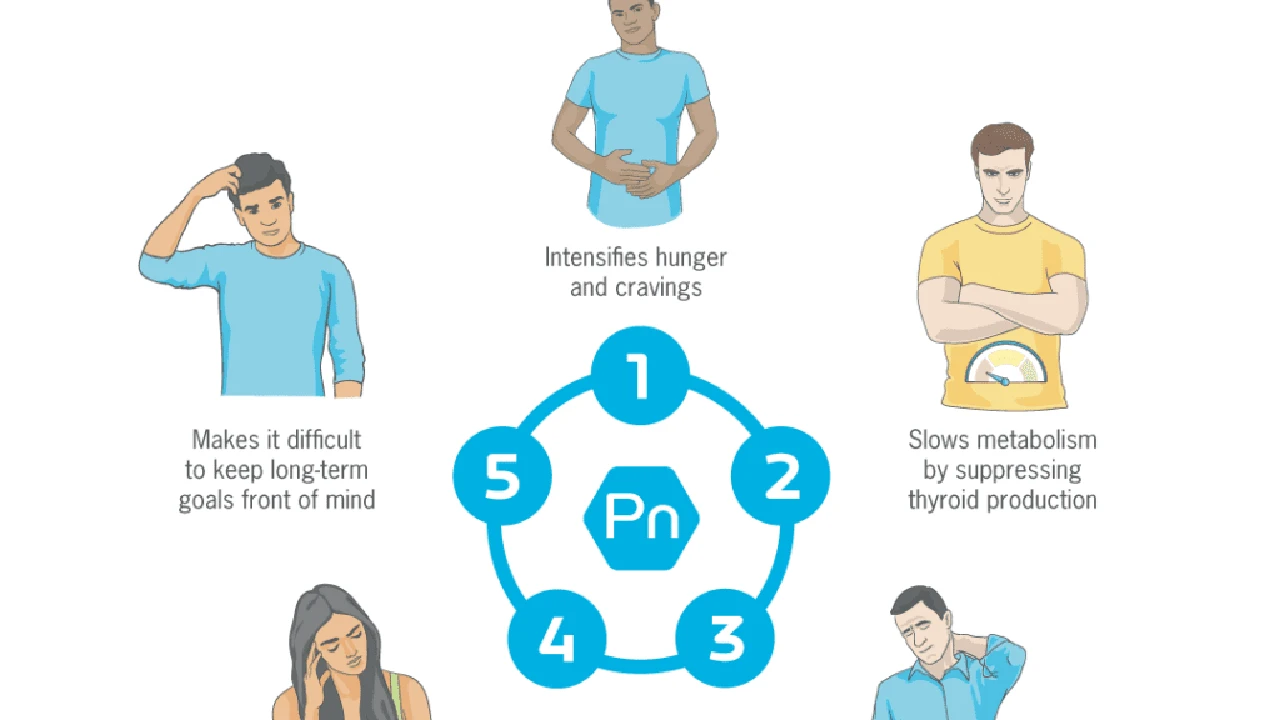Debunking Common Nutrition Myths: What You Need to Know
Confused by nutrition myths? This article debunks common misconceptions about food and dieting. Get the facts straight and make informed choices about your nutrition. Separate fact from fiction and achieve your health goals.

Understanding Common Nutrition Myths and Misconceptions
Let's face it, the world of nutrition is a minefield. Everywhere you look, there's a new study, a new diet, a new “superfood” promising miraculous results. It's no wonder so many of us are confused! But don't worry, we're here to cut through the noise and separate fact from fiction. This article will tackle some of the most persistent nutrition myths, giving you the knowledge you need to make informed choices about your health and well-being.
Myth 1 You Must Eat Every Few Hours to Boost Metabolism
The Myth: Eating small, frequent meals throughout the day keeps your metabolism revved up, helping you burn more calories and lose weight.
The Reality: The idea that frequent eating significantly boosts your metabolism is largely a myth. While your body does expend energy digesting food (the thermic effect of food), the total amount of energy expended over 24 hours is what matters, not how frequently you eat. Studies have shown that eating the same number of calories in fewer, larger meals versus more frequent, smaller meals doesn't significantly impact metabolism or weight loss. What *does* matter is the total number of calories you consume versus the number of calories you burn.
Takeaway: Focus on eating a balanced diet with adequate calories for your activity level, rather than obsessing over the frequency of your meals. Listen to your body's hunger cues and eat when you're truly hungry.
Myth 2 Carbs Are the Enemy for Weight Loss
The Myth: Carbohydrates are the primary cause of weight gain and should be severely restricted or eliminated from your diet.
The Reality: This is a classic example of demonizing an entire food group. While it's true that excessive consumption of refined carbohydrates (like white bread, pastries, and sugary drinks) can contribute to weight gain, not all carbs are created equal. Complex carbohydrates, found in whole grains, fruits, and vegetables, are an essential source of energy and fiber. They provide sustained energy, help regulate blood sugar levels, and keep you feeling full and satisfied.
Takeaway: Focus on choosing complex carbohydrates over refined carbohydrates. Incorporate plenty of fruits, vegetables, and whole grains into your diet. The key is moderation and making smart choices.
Myth 3 All Fats Are Bad for You and Cause Weight Gain
The Myth: All fats are unhealthy and should be avoided to prevent weight gain and heart disease.
The Reality: Just like carbs, fats have been unfairly demonized. In fact, healthy fats are essential for hormone production, cell function, and nutrient absorption. There are different types of fats, and some are definitely better than others. Avoid trans fats (found in processed foods) and limit saturated fats (found in red meat and full-fat dairy). Focus on incorporating healthy unsaturated fats, such as monounsaturated fats (found in olive oil, avocados, and nuts) and polyunsaturated fats (found in fatty fish, flaxseeds, and walnuts).
Takeaway: Choose healthy fats over unhealthy fats. Incorporate sources of unsaturated fats into your diet and limit your intake of saturated and trans fats. Remember, fat is an essential nutrient, not the enemy!
Myth 4 Detox Diets Are Necessary for Cleansing Your Body
The Myth: Detox diets are necessary to remove toxins from your body and improve your health.
The Reality: Your body has its own highly efficient detoxification system: your liver and kidneys. These organs work tirelessly to filter out toxins and waste products. Detox diets, which often involve extreme calorie restriction, juice cleanses, or other restrictive practices, are not only unnecessary but can also be harmful. They can lead to nutrient deficiencies, muscle loss, and rebound weight gain.
Takeaway: Support your body's natural detoxification processes by eating a healthy, balanced diet, staying hydrated, and getting enough sleep. Skip the detox diets and focus on long-term healthy habits.
Myth 5 Eating Before Bed Causes Weight Gain
The Myth: Eating anything before bed will automatically be stored as fat and cause weight gain.
The Reality: The timing of your meals is less important than the total number of calories you consume throughout the day. If you're consistently eating more calories than you burn, you will gain weight, regardless of when you eat those calories. However, eating a large, heavy meal right before bed can disrupt your sleep and potentially lead to indigestion. Listen to your body's hunger cues and eat when you're hungry, even if it's close to bedtime. Choose a light, healthy snack if you need something to tide you over.
Takeaway: Focus on your overall calorie intake and choose healthy, balanced meals and snacks. If you're hungry before bed, opt for a light, nutritious snack rather than skipping it altogether.
Myth 6 You Need to Drink 8 Glasses of Water a Day No Matter What
The Myth: Everyone needs to drink exactly 8 glasses (64 ounces) of water per day to stay hydrated.
The Reality: While staying hydrated is crucial for overall health, the amount of water you need varies depending on factors like your activity level, climate, and individual physiology. The "8 glasses a day" rule is a general guideline, but it's not a one-size-fits-all recommendation. Listen to your body's thirst cues and drink when you're thirsty. You can also get fluids from other sources, such as fruits, vegetables, and soups.
Takeaway: Drink enough water to stay hydrated, but don't feel pressured to force yourself to drink 8 glasses a day if you're not thirsty. Pay attention to your body's signals and adjust your fluid intake accordingly.
Myth 7 Organic Food is Always Healthier and Worth the Extra Cost
The Myth: Organic food is significantly healthier than conventionally grown food and is always worth the extra cost.
The Reality: Organic food is grown without synthetic pesticides, herbicides, and fertilizers. While this can be beneficial for the environment, the nutritional differences between organic and conventionally grown food are often minimal. Studies have shown that organic food may have slightly higher levels of certain nutrients, but the differences are often not significant enough to justify the higher price for everyone. The most important thing is to eat a variety of fruits and vegetables, regardless of whether they are organic or conventionally grown. Make sure to wash all produce thoroughly before eating.
Takeaway: Eating plenty of fruits and vegetables is more important than whether they are organic or conventionally grown. If you can afford organic food, that's great. But if not, don't worry – conventionally grown produce is still a healthy and nutritious choice.
Recommended Products to Support Healthy Nutrition Choices and Debunked Myths
Now that we've cleared up some common nutrition myths, let's talk about some products that can help you make informed and healthy choices. These aren't miracle cures, but they can be helpful tools in your journey toward better health.
Protein Powders for Muscle Growth and Recovery
As mentioned earlier, protein is essential for muscle growth and repair. While you can get protein from whole food sources like meat, poultry, fish, and beans, protein powders can be a convenient way to supplement your intake, especially after workouts.
Product Comparison
- Whey Protein: The most common type, quickly absorbed, ideal post-workout. Brands like Optimum Nutrition Gold Standard 100% Whey ($30-40) and Transparent Labs Whey Protein ($50-60) are popular choices.
- Casein Protein: Slowly digested, ideal before bed to provide sustained protein release overnight. Optimum Nutrition Gold Standard 100% Casein ($35-45) is a good option.
- Plant-Based Protein: Suitable for vegans and vegetarians, often a blend of different plant sources like pea, rice, and soy. Vega Protein & Greens ($30-40) and Garden of Life Sport Organic Plant-Based Protein ($40-50) are well-regarded.
Usage Scenarios
- Post-Workout: Whey protein is ideal for replenishing muscle protein stores after exercise.
- Before Bed: Casein protein provides a sustained release of amino acids overnight, promoting muscle recovery during sleep.
- Meal Replacement: Protein powders can be used as a quick and convenient meal replacement, especially when combined with other healthy ingredients like fruits, vegetables, and healthy fats.
Healthy Snack Options to Curb Cravings
Snacking can be a healthy part of your diet, as long as you choose wisely. Avoid processed snacks high in sugar, salt, and unhealthy fats. Instead, opt for whole, unprocessed foods that will keep you feeling full and satisfied.
Product Recommendations
- Nuts and Seeds: Almonds, walnuts, chia seeds, flaxseeds – packed with healthy fats, fiber, and protein. A small handful (about 1/4 cup) is a perfect portion. Look for unsalted and unroasted options.
- Greek Yogurt: High in protein and calcium, a great source of probiotics. Choose plain, non-fat Greek yogurt and add your own toppings like berries, nuts, or a drizzle of honey. Brands like Fage Total 0% and Chobani Non-Fat Plain are popular.
- Fruits and Vegetables: Apples, bananas, carrots, celery – naturally sweet and full of vitamins, minerals, and fiber. Pair them with a healthy dip like hummus or almond butter for added protein and healthy fats.
- Protein Bars: Choose bars with low sugar, high protein, and minimal processed ingredients. Look for bars with ingredients you recognize. Quest Nutrition bars ($2-3 per bar) and RXBARs ($2-3 per bar) are popular choices.
Usage Scenarios
- Mid-Morning or Mid-Afternoon: To prevent hunger pangs and keep you focused and energized.
- Before or After a Workout: To fuel your workout or replenish energy stores afterward.
- On-the-Go: When you need a quick and convenient snack while traveling or running errands.
Supplements to Support Overall Health (Consult with a Doctor)
While a healthy diet should be your primary focus, certain supplements can help fill in nutritional gaps and support overall health. However, it's crucial to consult with your doctor before taking any new supplements, especially if you have any underlying health conditions or are taking any medications.
Product Recommendations (Consult with Your Doctor)
- Vitamin D: Many people are deficient in vitamin D, especially during the winter months. Vitamin D is essential for bone health, immune function, and mood regulation.
- Omega-3 Fatty Acids: Found in fatty fish, omega-3s are important for heart health, brain function, and reducing inflammation.
- Probiotics: Support gut health and digestion. Choose a probiotic with a variety of different strains.
- Multivitamin: A good way to ensure you're getting all the essential vitamins and minerals your body needs.
Usage Scenarios (Consult with Your Doctor)
- Daily Supplementation: To fill in nutritional gaps and support overall health.
- Specific Health Concerns: To address specific health concerns, such as bone health, heart health, or digestive issues.
:max_bytes(150000):strip_icc()/277019-baked-pork-chops-with-cream-of-mushroom-soup-DDMFS-beauty-4x3-BG-7505-5762b731cf30447d9cbbbbbf387beafa.jpg)






